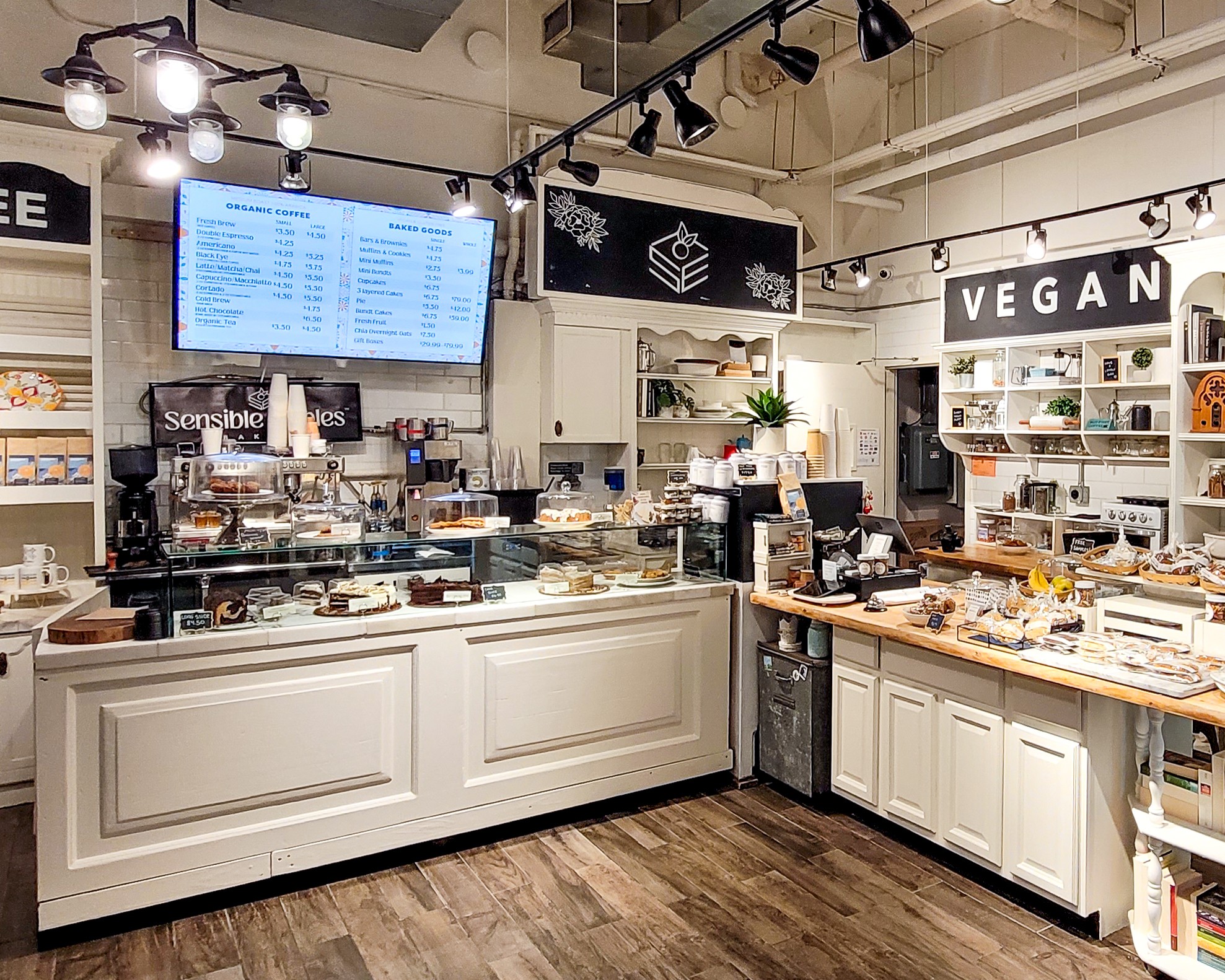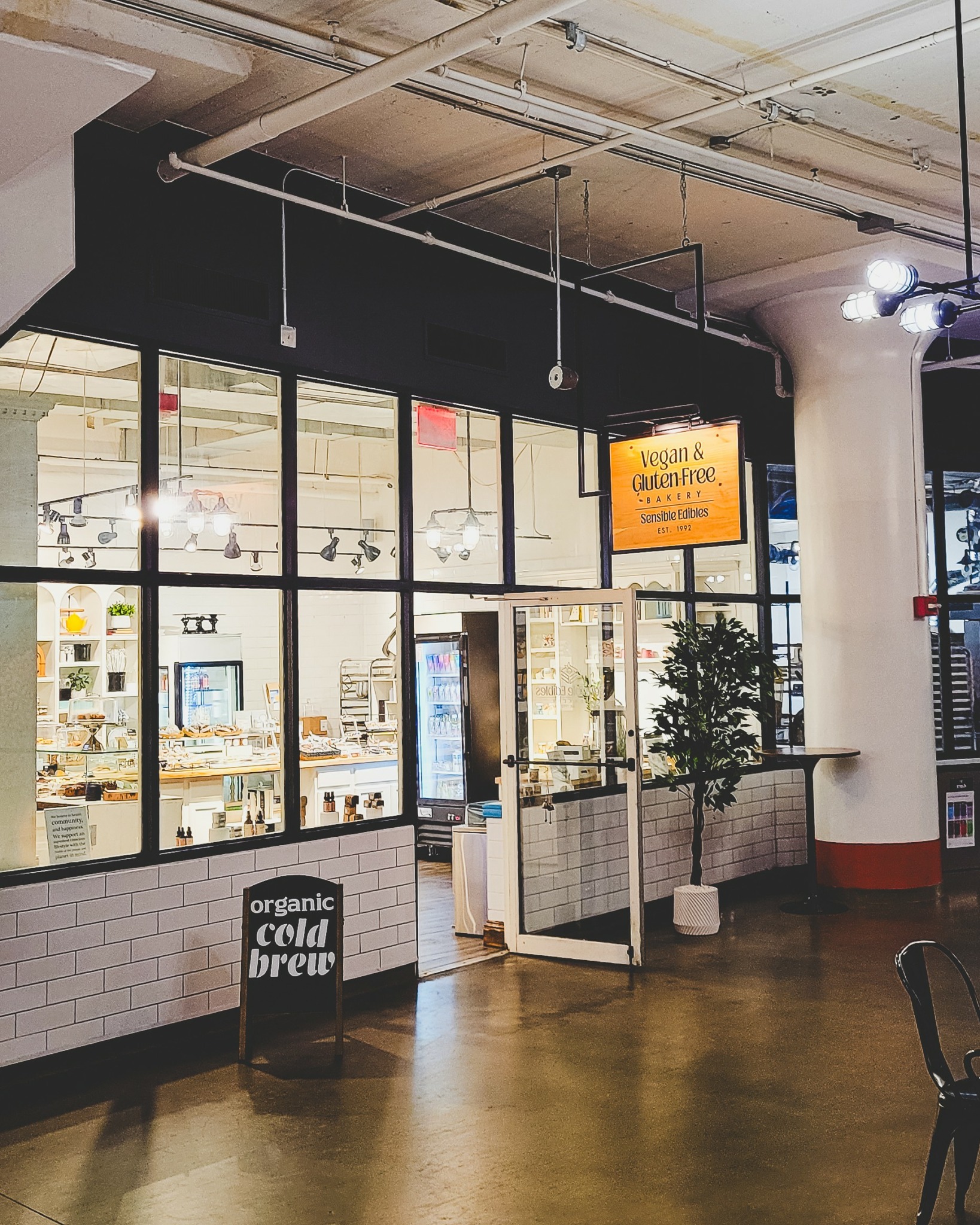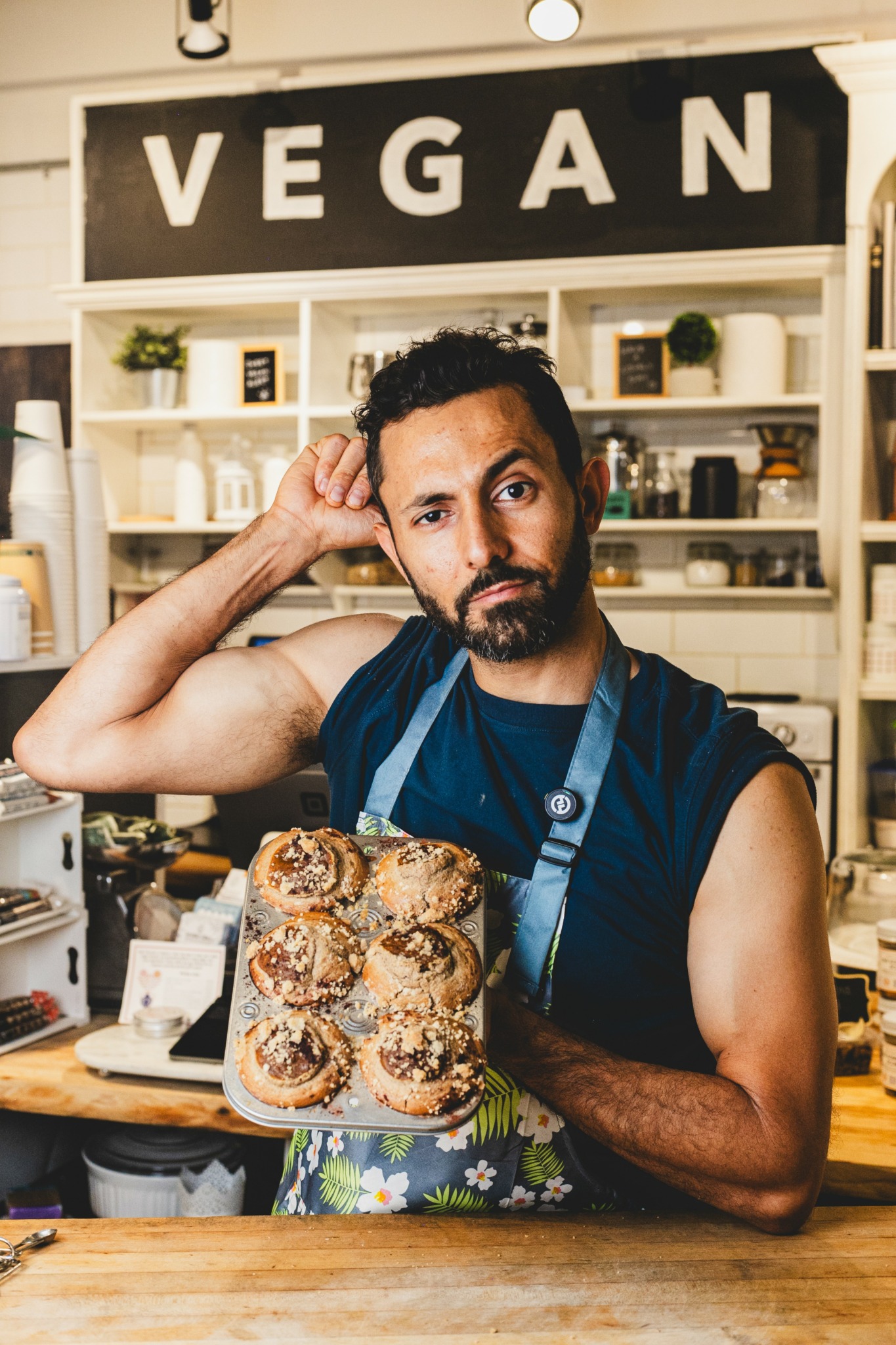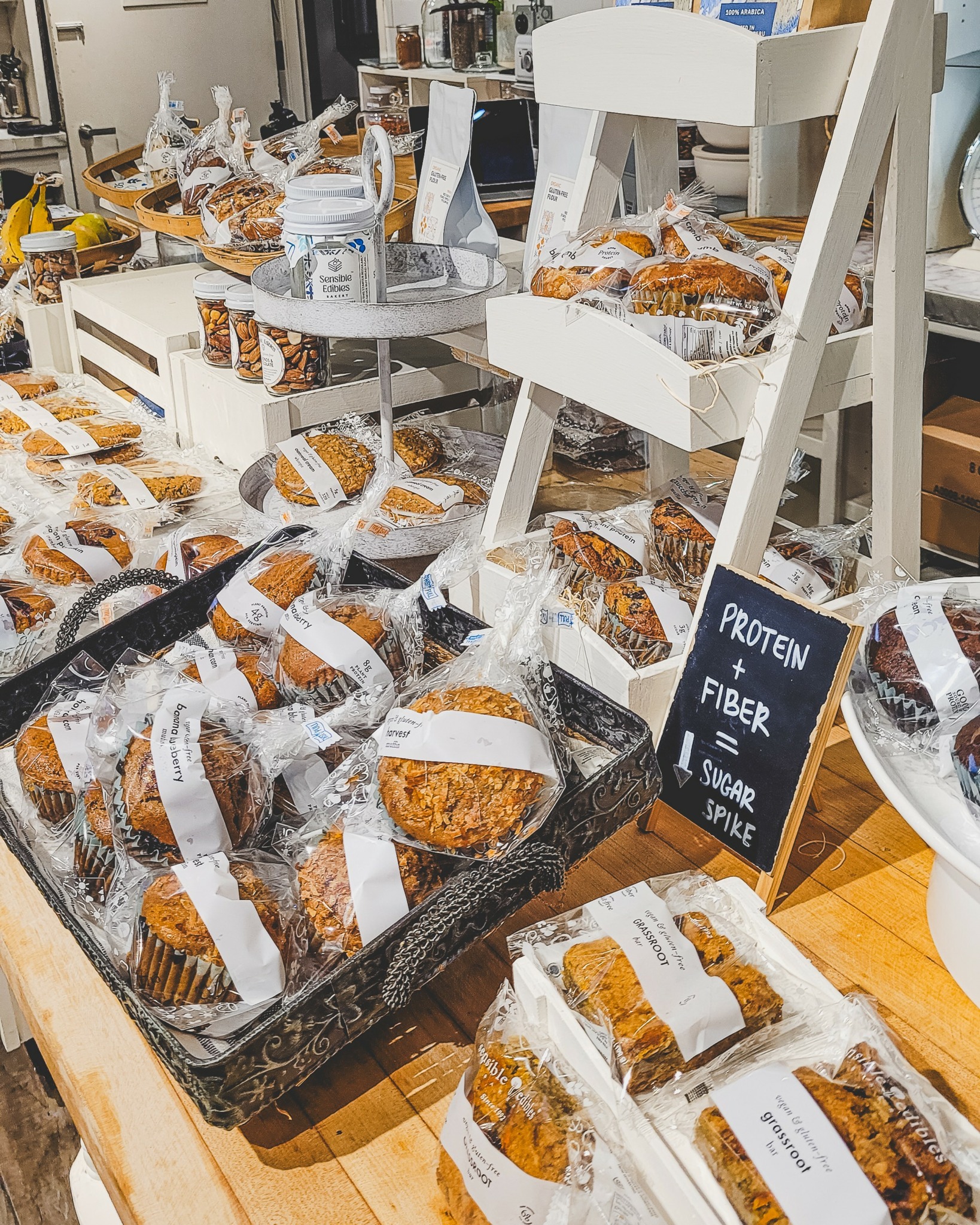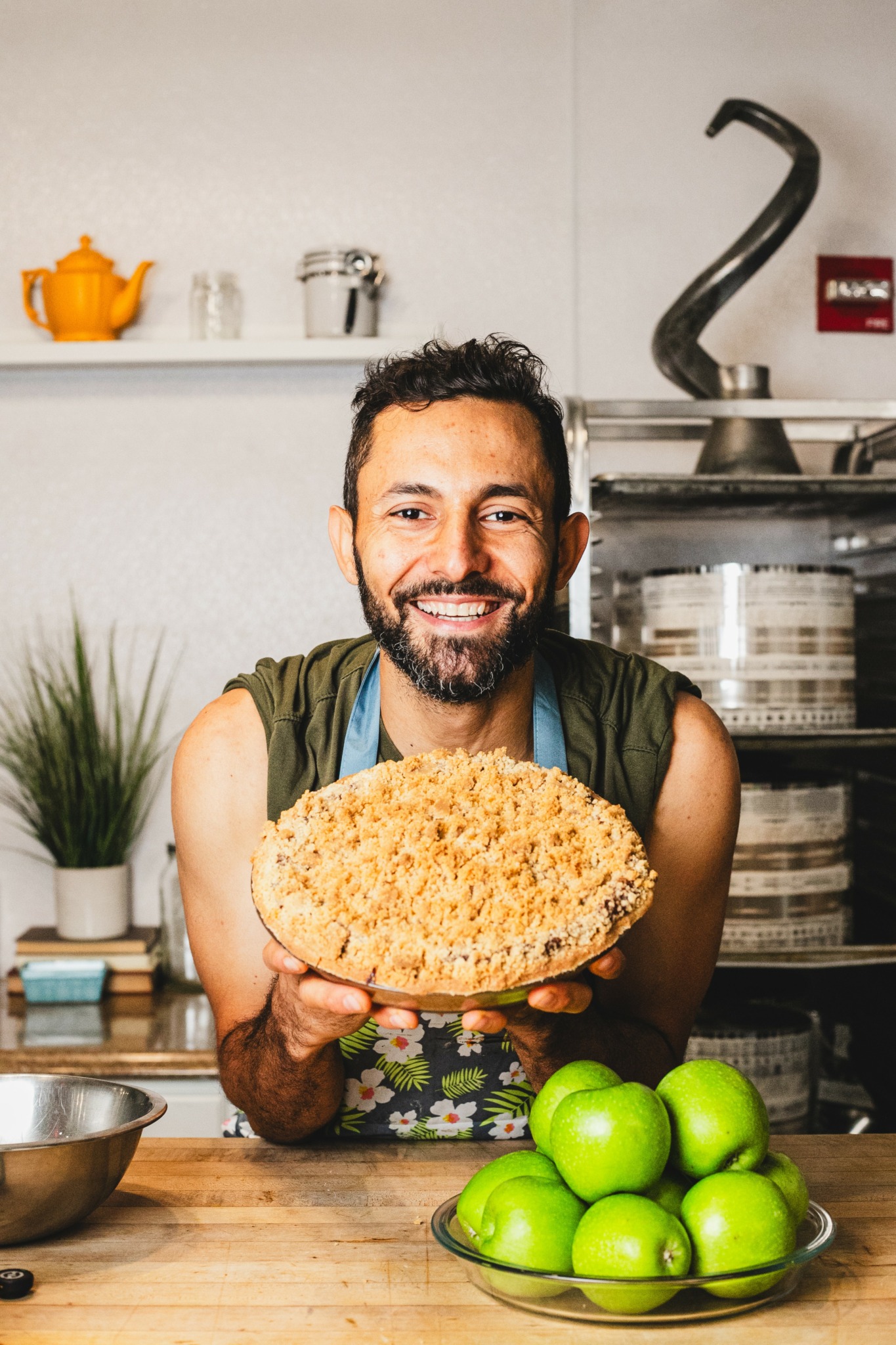We’re excited to introduce you to the always interesting and insightful Wassem Moarsi. We hope you’ll enjoy our conversation with Wassem below.
Wassem, looking forward to hearing all of your stories today. Can you recount a time when the advice you provided to a client was really spot on? (Please note this response is for education/entertainment purposes only and shouldn’t be construed as advice for the reader)
The best advice I’ve given—advice I live by in my own business—is something I picked up from Gary W. Keller’s The ONE Thing: Don’t try to be everything. Be the best at one thing.
Too often, I see businesses scatter their energy—coffee, brunch, cocktails, falafels, pizza, even tarot readings in the back. It’s a fast track to becoming forgettable. When you spread your attention everywhere, you dilute the quality of everything.
Instead, I tell people: Put all your eggs in one basket—and then guard that basket with your life. Excellence comes from focus. In our case, we leaned fully into serving the gluten-free and celiac community. It wasn’t trendy—it was intentional. That clarity sharpened our identity and attracted the right customers who were craving something made specifically for them.
It’s not about doing more. It’s about doing less, better. That’s how you build something extraordinary.
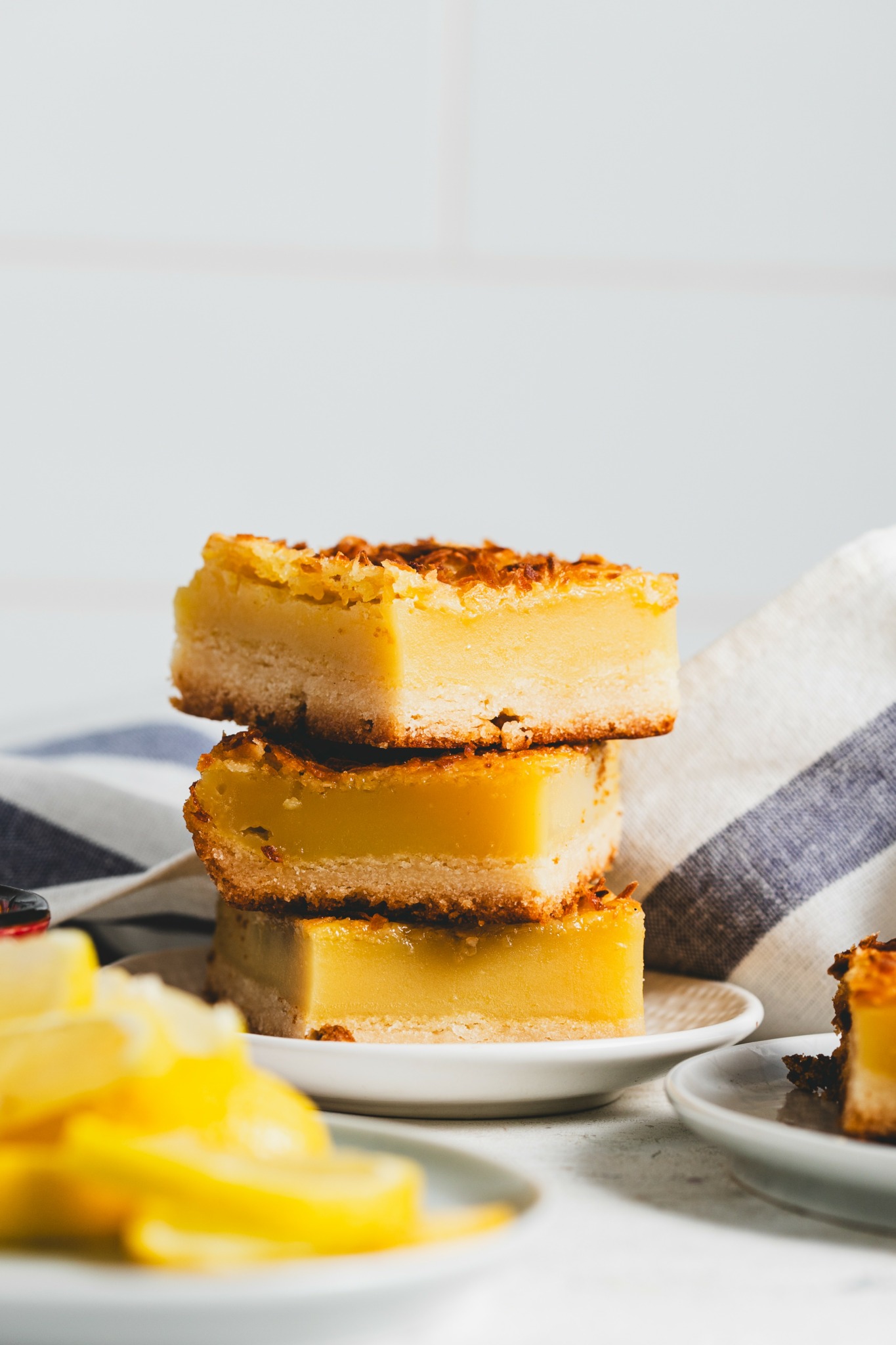
Great, appreciate you sharing that with us. Before we ask you to share more of your insights, can you take a moment to introduce yourself and how you got to where you are today to our readers.
Sensible Edibles Bakery began as a family business in 1992, started by my father. Years later, the company hit a rough patch—we couldn’t keep up with bills and my father was ready to retire. He gave me a choice: let it go, or take the reins. I had already learned the ins and outs of the operation, and I knew that if I could lead it my own way—unrestricted and willing to take big risks—I could turn it into something that truly mattered.
This wasn’t about profit. For a long time, we didn’t make any. What drove me was the belief that food should be clean, thoughtful, and inclusive. The market is flooded with ultra-processed, chemical-laced products. For people like me, with dietary sensitivities, it often feels like there’s nothing safe to eat. So we set out to create something different: a bakery that prioritized transparency, ingredient integrity, and people’s real needs.
We became 100% gluten-free and focused on allergy-friendly desserts. That became our niche—not because it was trendy, but because it was needed. Kids with dietary restrictions finally had a place to get a treat. Parents could buy desserts without worrying about reactions. Unlike many bakeries, our products are made fresh and without preservatives, because we believe food should expire—it’s a sign it’s alive.
I bring my background in science to the table, literally. I hold a master’s degree in environmental science with a focus on pesticide use, and what I’ve learned informs how we source ingredients. From reading research to working directly with suppliers, I’ve stayed focused on reducing exposure to harmful chemicals, for the sake of both human health and the planet.
We also care deeply about the bigger picture. Sustainability, local sourcing, supporting animal rescues, reducing waste—these are baked into how we operate. But we’re not just a bakery. We are individuals who care about the world around us. We speak up about social justice, environmental issues, and humanitarian crises—like the ongoing situation in Palestine—because we believe silence is complicity.
This is more than a business. It’s a purpose. And we’re building it one thoughtfully crafted dessert at a time.
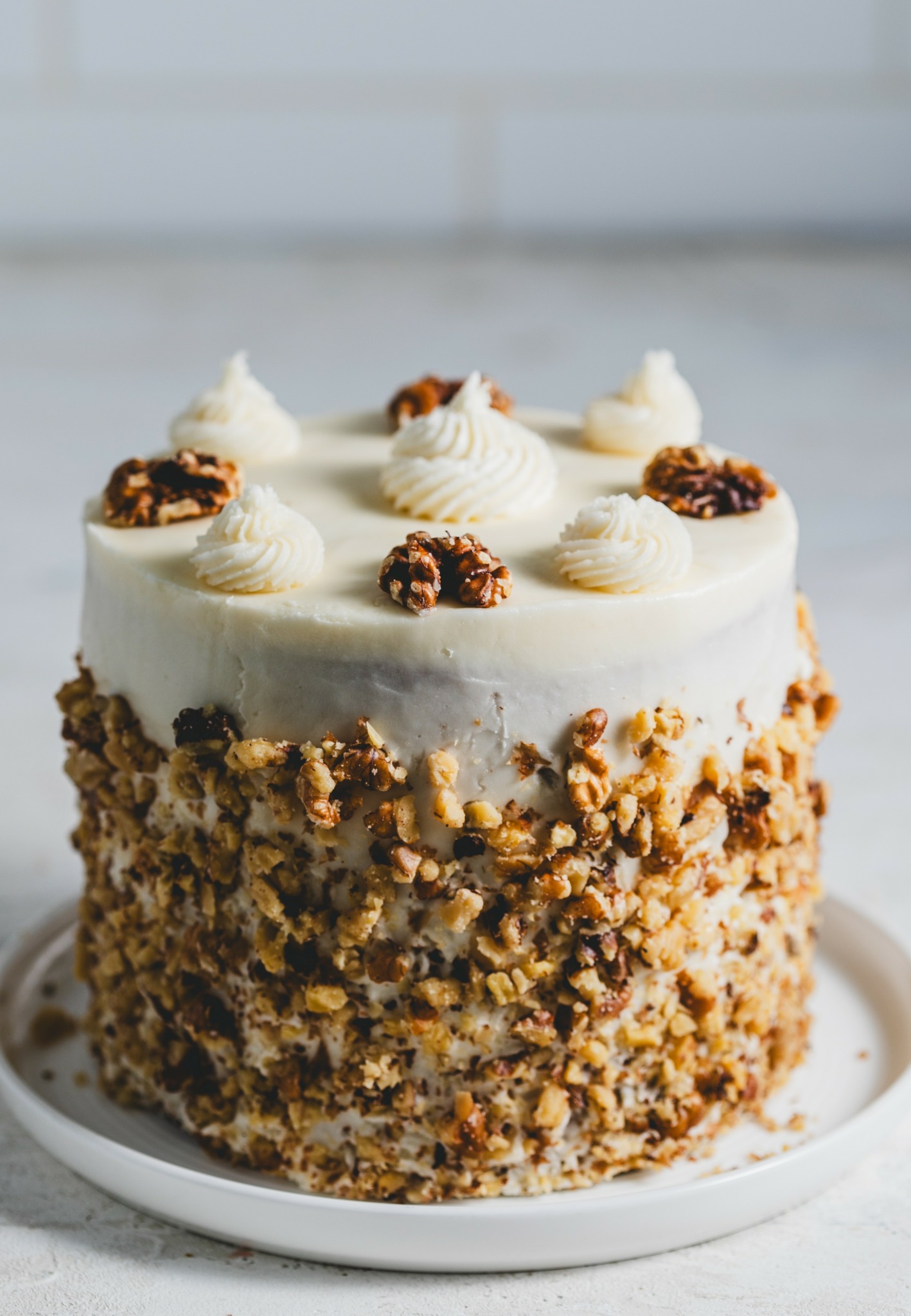
Other than training/knowledge, what do you think is most helpful for succeeding in your field?
Work culture—hands down. In our bakery, success isn’t just about financials or product quality (though of course, that matters). It’s about creating a daily environment where people feel good showing up. We spend 7–8 hours a day together, so the tone you set on the floor matters just as much—if not more—than what’s on the menu.
I believe in being present and involved—physically on the floor, mingling with coworkers, reducing hierarchy, and treating everyone equally. Titles don’t mean much in a kitchen where we all roll up our sleeves. I try to make quick, thoughtful decisions with discernment, celebrate wins (even small ones), and be forgiving when mistakes happen. That builds trust.
We often cook and eat meals together in-house—it’s part of building a culture that feels more like a family than a staff roster. We learn from one another, we talk, we laugh, and we listen.
To me, success is when people walk out the door at the end of the day feeling proud of what they contributed and supported by the people around them. That’s what sustains a business long-term.
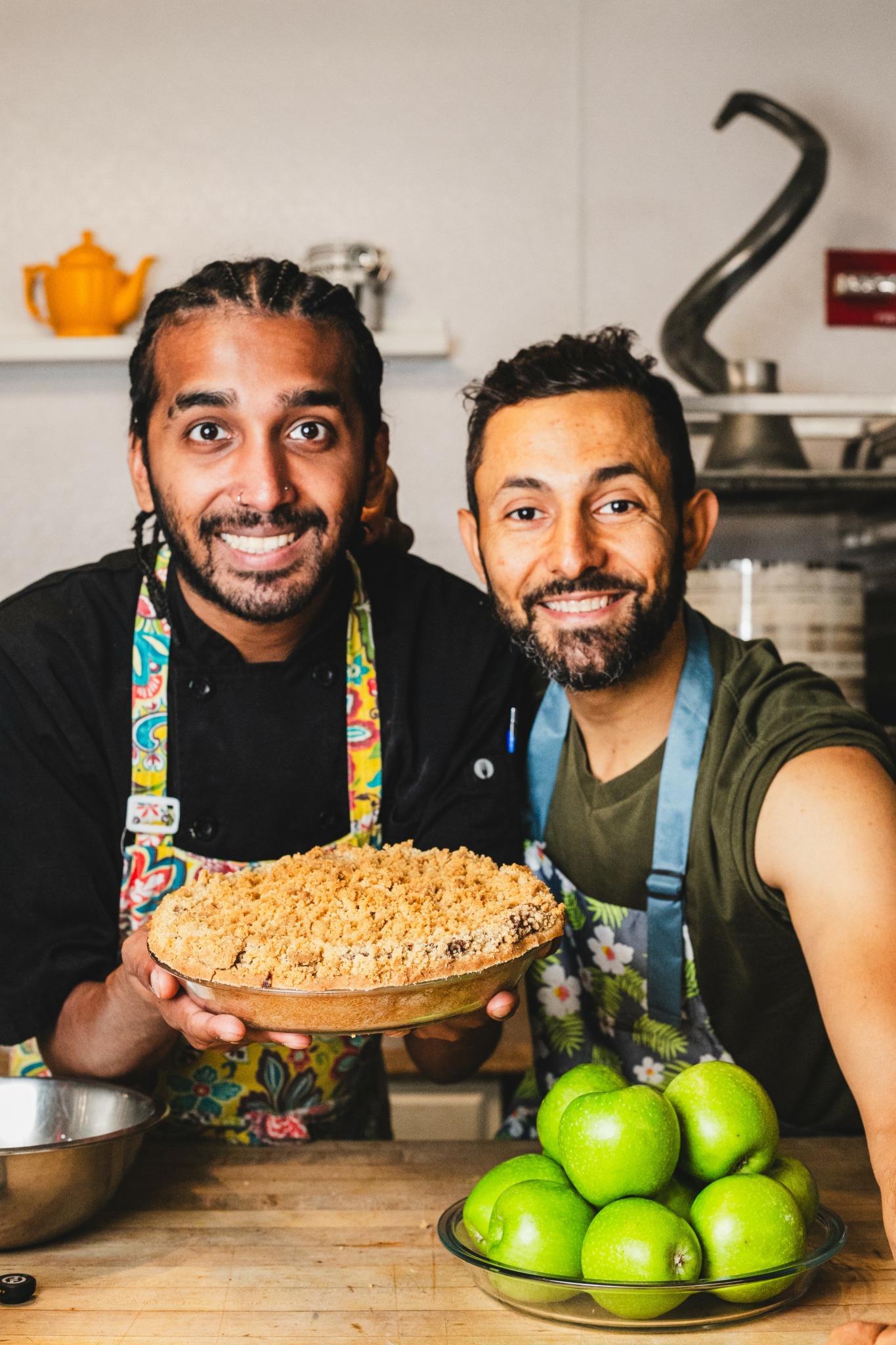
Let’s talk about resilience next – do you have a story you can share with us?
or years, I took a major pay cut—because I had to. We were broke. The business was hanging on by a thread, and there wasn’t enough to go around. But I believed in what we were building, so I stayed. And strangely enough, that struggle turned out to be one of the most transformative chapters of my life.
When you don’t have money, your choices become very clear. Someone would ask if I wanted to go out to dinner? The answer was easy: Nope. I couldn’t afford it. So instead, I’d go into the bakery and teach myself how to cook from the ground up. I started making everything in-house—our own kombucha, sourdough, nut milks. I learned to work with real, whole, plant-based ingredients. I became more aware of what I was putting in my body and what kind of food I wanted to offer others.
I also realized I didn’t need most of the things I used to spend money on. They were just noise—distractions I clung to before I understood how much clarity comes with simplicity. I quit smoking. I stopped eating out. I stopped wasting time and energy trying to maintain a lifestyle that didn’t serve me.
That season taught me what resilience really looks like—not pushing through for ego or image, but adapting, learning, and building something meaningful from scratch.
And now? We’re stronger than ever. Because I know how strong I can be when I need to be. We’ve proven to ourselves that we can make anything we want—whether we have money or not. That kind of self-reliance is power you can’t buy.
Contact Info:
- Website: https://sensibleedibles.com/
- Instagram: @sensible_bakery
- Facebook: https://www.facebook.com/SensibleEdibles/
- Youtube: https://www.youtube.com/@sensibleedibles
- Yelp: https://www.yelp.com/biz/sensible-edibles-queens
